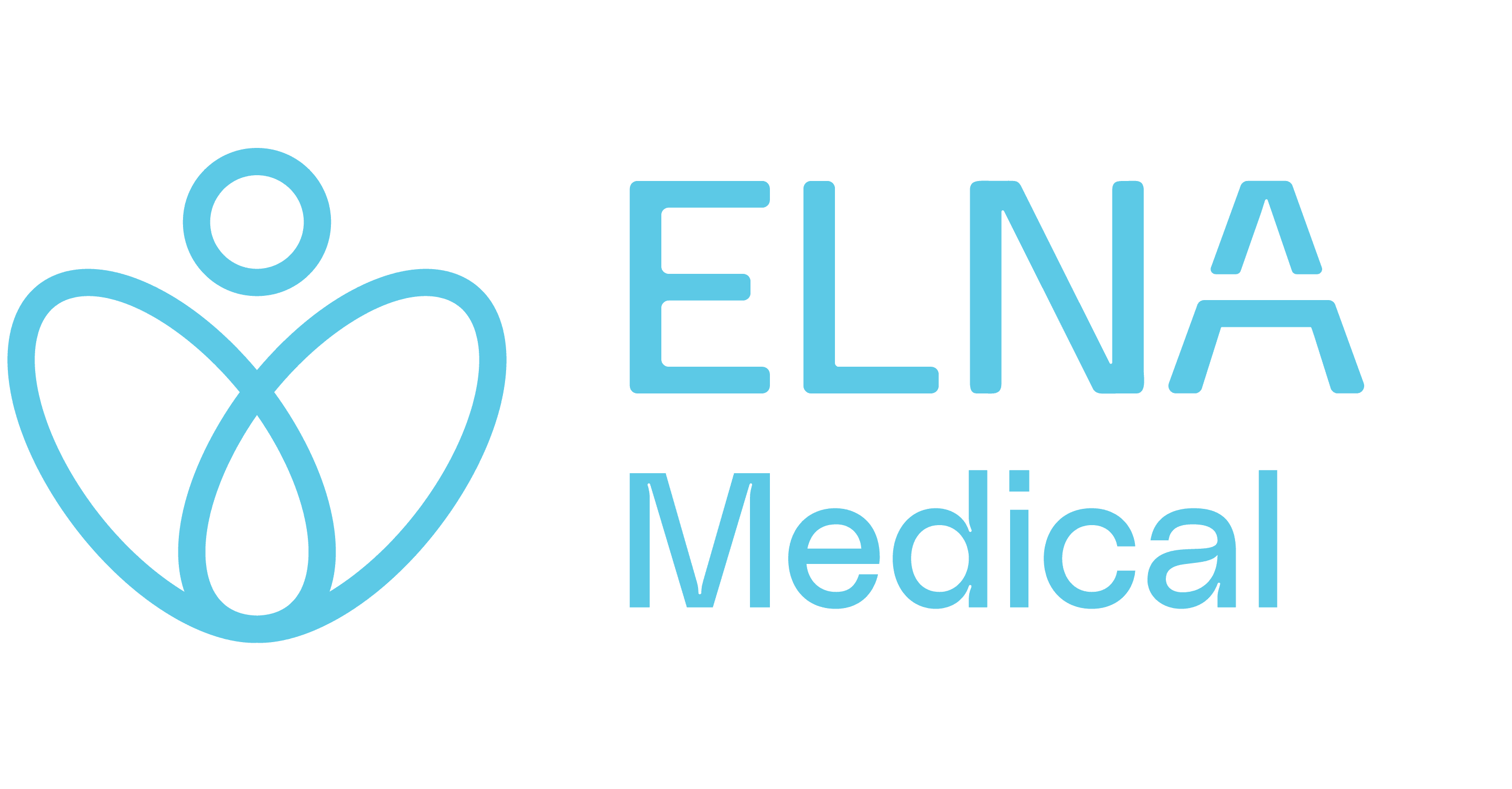Addiction may strike any one of us at any time, and it often does so in subtle ways. Whether it be alcohol, drugs, gambling, or other forms of addiction, the thin line separating a harmless habit from a real addiction is sometimes not easy to draw.
This is where this article will come in to help you identify the signs of addiction, their causes, and give you resources for seeking help.
- Understanding addiction
- The different types of addiction
- Main causes of addiction
- Signs of addiction
- Help and support
- Consult a healthcare professional
Understanding addiction
Addiction is a state in which a person gradually loses control over the use of a substance or behaviour. When a person is addicted, they feel an almost compulsive need to satisfy this craving, despite the negative effects on their personal, social or professional life. This uncontrollable and persistent need pushes the person to repeat this action repeatedly, which can cause serious consequences on physical and mental health.
Because of its long-term impact, it is essential to understand what can turn a pleasurable use or activity into an addiction, whether it is related to a substance such as alcohol or drugs, or an activity such as gambling. Eventually, addiction is accompanied by changes in the brain that reinforce the urge to use or repeat this behaviour.
The different types of addiction
Alcohol, tobacco and marijuana are the main causes of addiction. However, they can come in several forms, some more well-known and some more subtle.
Substance addiction
The person feels a need to use these substances, and stopping often causes withdrawal symptoms. They concern products such as:
- Alcohol
- Drugs (cannabis, cocaine, opioids, hallucinogens, etc.)
- Tobacco and nicotine (cigarettes and vapes)
- Medications
- Caffeine
Behavioural addictions
Although they are not substances, these behaviours can also cause chemical changes in the brain, similar to those caused by substances. These forms of dependency can concern:
- The game
- Compulsive purchases
- Social networks
- Internet
- Video games
- The work
- Gender
- Pornography
- Sport
- Diet or diets
In each case, the cycle of addiction develops gradually: it often begins with use for pleasure or to soothe an emotion, before becoming an uncontrollable need.

Causes of addiction
Addiction is usually related to a difficulty in giving up something, a state of withdrawal, a diminished willpower, and a growing need to maintain the same level of pleasure. The reasons for developing an addiction are varied and often complex.
Biological factors
Some people have a genetic predisposition to addiction. Levels of dopamine, the hormone associated with pleasure and reward, may play an important role in the predisposition to addiction. In addition, people with a family history of substance abuse disorders in the past are more likely to develop an addiction themselves.
Environmental factors
Living environment, family and social relationships, and even the level of stress at work or home can influence the development of an addiction. For example, a person who has grown up in a family where alcohol is consumed frequently or where stress is omnipresent is more likely to develop an alcohol addiction.
Psychological factors
Trauma, a mental health disorder (such as depression or anxiety), or a sense of isolation may lead a person to use substances or engage in certain activities to relieve discomfort. In this case, addiction acts as a mechanism to numb difficult emotions or to cope with an underlying disorder.
Signs of addiction
Recognizing an addiction, whether it’s related to a substance or a behaviour, can be difficult, especially when it affects a loved one. Understanding these signs is essential to getting the right help. Here are some signs to look out for:
- Increased tolerance: An addicted person needs to consume more and more to feel the same effect and to be satisfied.
- Loss of control: It is difficult to reduce or stop your consumption, despite intentions. For example, it is common to make a “last attempt” to reduce it, without succeeding.
- Withdrawal symptoms : When a person tries to reduce or stop drinking, they may experience unpleasant physical or emotional symptoms, such as anxiety, fatigue, tremors, headaches, or marked irritability. Withdrawal symptoms can vary depending on the nature of the addiction and the person.
- Impact on personal and professional life : Addiction often has consequences for relationships, health, work, school, or finances. It becomes a problem that takes up space in all aspects of the person’s life, to the point of causing difficulties and increasing isolation.
- Increased place of addiction in your daily life : The consumption of the substance or activity becomes a constant need and your first desire to soothe a stressful situation, tension or difficulty. Continuous research is becoming ubiquitous and taking precedence over other priorities.
The signs of addiction are unique to everyone, so always seek the advice of a doctor.
Do you recognize signs of addiction in yourself or a loved one?
Seek the advice of a healthcare professional.Help and support for addiction and dependency
Acknowledging addiction is already a big step. If you feel that your use of alcohol, drugs, or other behaviour is affecting your life in a negative way, it’s crucial to seek help. Here are some options:
- Health care professionals: Talking to a doctor, psychologist or psychiatrist can be a first step. These professionals are trained to assess your situation, determine the level of addiction, recommend personalized treatments, and provide emotional support during the healing process. They can also help you identify resources adapted to Quebec and keep you motivated.
- Support groups: Groups like Alcoholics Anonymous (AA) or Narcotics Anonymous (NA) offer group support that helps many people struggle with their addictions. Sharing experiences in a supportive and compassionate environment can strengthen your willpower and reduce feelings of isolation.
- Specialized addiction services: Some health services offer comprehensive recovery programs, including therapy, medical care and withdrawal support. Do not hesitate to seek advice from an ELNA health professional.

Consult a health professional in Montreal
Knowing who to ask for help is key to taking the first steps towards wellness. At ELNA Medical, our medical professionals help you take control of your addiction, whether tonight for alcohol, tobacco, cannabis or other substances and behaviours. Our health professionals support adults and young people.
- Psychologist: Trained in cognitive behavioural therapy (CBT) and other approaches, your psychologist can help you understand the causes of addiction and develop strategies to better manage cravings and related behaviours. Consult a psychologist.
- Psychiatrist: Specializing in mental disorders, a psychiatrist can prescribe advanced medical treatments to manage withdrawal symptoms or treat associated pathologies. Consult a psychiatrist.
- Mental health clinic : Our Neurotherapy Montreal clinic offers specialized services for substance abuse and dependency disorders. Advanced treatments include transcranial magnetic stimulation (rTMS), cognitive-behavioural therapy (CBT) and psychedelic-assisted therapy. Services not covered by RAMQ, but by some private insurers. See the clinic.
Discover all our mental health services
Book an appointment
Sources | The Center for Addiction and Mental Health | Santé Québec – Alcohol, drugs and gambling | Cleveland Clinic – Addiction















